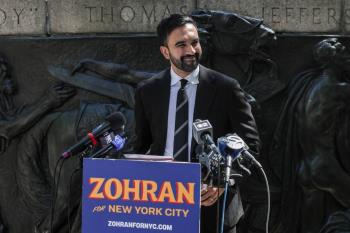Alwaght- Pakistan and Afghanistan resolved to operationalize the working groups under Afghanistan-Pakistan Action Plan for Peace and Solidarity (APAPPS), the Foreign Office of Pakistan has said.
During a landmark visit to Kabul by Prime Minister Shahid Khaqan Abbasi on Friday, the leaders of the two nations agreed on a seven-point action plan for peace and reconciliation under the Afghanistan-Pakistan Action Plan for Peace and Solidarity.
Pakistan will support the Afghan-led, Afghan-owned peace and reconciliation [process], according to the Sunday statement by the Pakistani Foreign Office.
According to the agreed principles, Pakistan would support the Afghan-led and Afghan-owned peace and reconciliation process to bring peace to Afghanistan while both sides would take action against fugitives and irreconcilable elements that pose a threat to either country.
Pakistan and Afghanistan also agreed to avoid territorial and air violations of each other’s territory.
The leadership of both countries also agreed to avoid a public blame game and use the plan’s cooperation mechanisms to respond to any mutual issues and concerns.
Working groups will be established to implement the agreed principles while both sides will also nominate "liaison officers" for coordination and supervision, the statement added.
On Friday, the Afghan presidential palace said in a statement that the national security advisors and ministers of foreign affairs of the two countries would finalize an “action plan for peace and reconciliation”.
On Feb. 28, Afghan President Ashraf Ghani announced an offer of unconditional peace talks to the Afghan Taliban. He also called on Pakistan to forget the past and begin a new era of bilateral ties to bring peace to the region.
Pakistan brokered the first round of direct talks between the fragile Afghan government and Taliban in its capital Islamabad in July 2015.
Since then, several attempts have been made with little success to resume the stalled peace process by a four-nation group comprising Pakistan, Afghanistan, the US, and China.



























